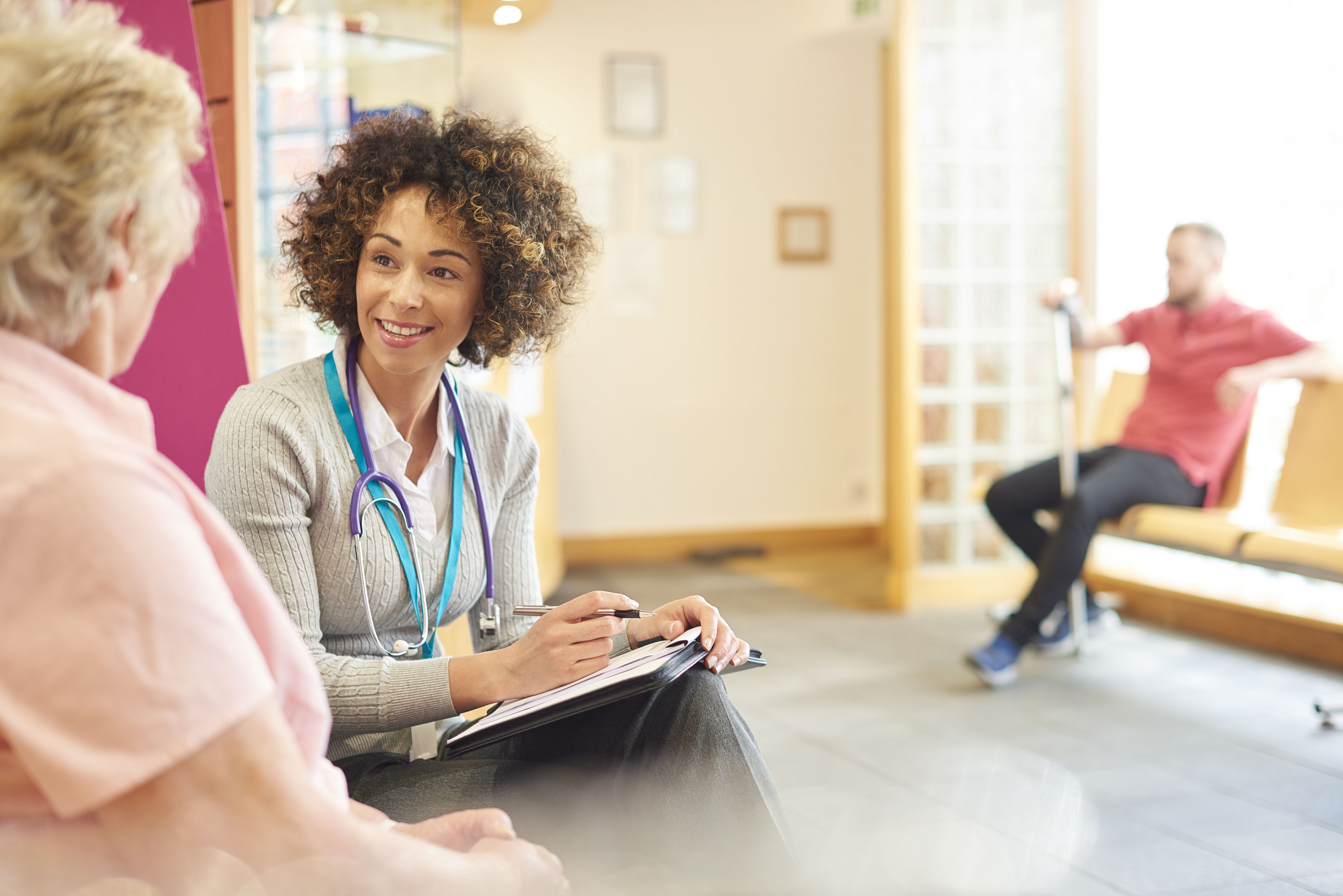Bringing evidence-based medicine into reality
A committee member’s story

Health and care professionals from a wide range of backgrounds work with NICE to produce our recommendations. Sitting on our independent committees, they help to develop and update our guidance. It is only by listening to their unique perspective that we can create advice that is useful and useable for busy health and care staff, making a real difference to patient care.
Avril Tucker is a primary care antimicrobial pharmacist at NHS Wales. Avril outlines her experience of sitting on our public health advisory committee for managing common infections.
"Involvement of frontline staff is the difference between ‘ideal world’ recommendations and practical guidance that is useable in real life."
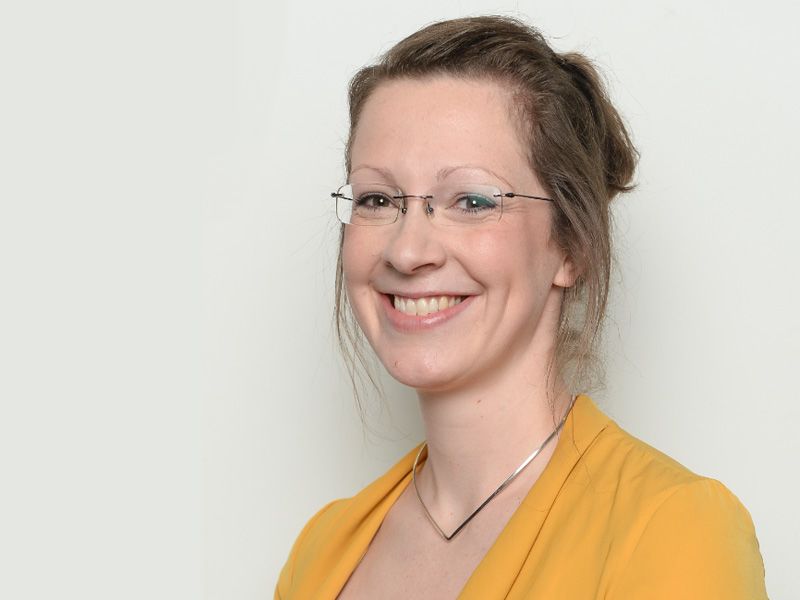
Avril Tucker, primary care antimicrobial pharmacist and NICE committee member
Avril Tucker, primary care antimicrobial pharmacist and NICE committee member
Tell us about your committee
I sat on NICE’s public health advisory committee for managing common infections. It was a standing committee rather than a topic-specific committee. This meant we produced guidance on a wide variety of topics, from recurrent urinary tract infections to impetigo.
What 3 words would you use to describe your committee member role?
Positive, collaborative and empowering.
What motivated you to apply?
I was keen to understand the inner workings of NICE and how such well-respected guidance is produced.
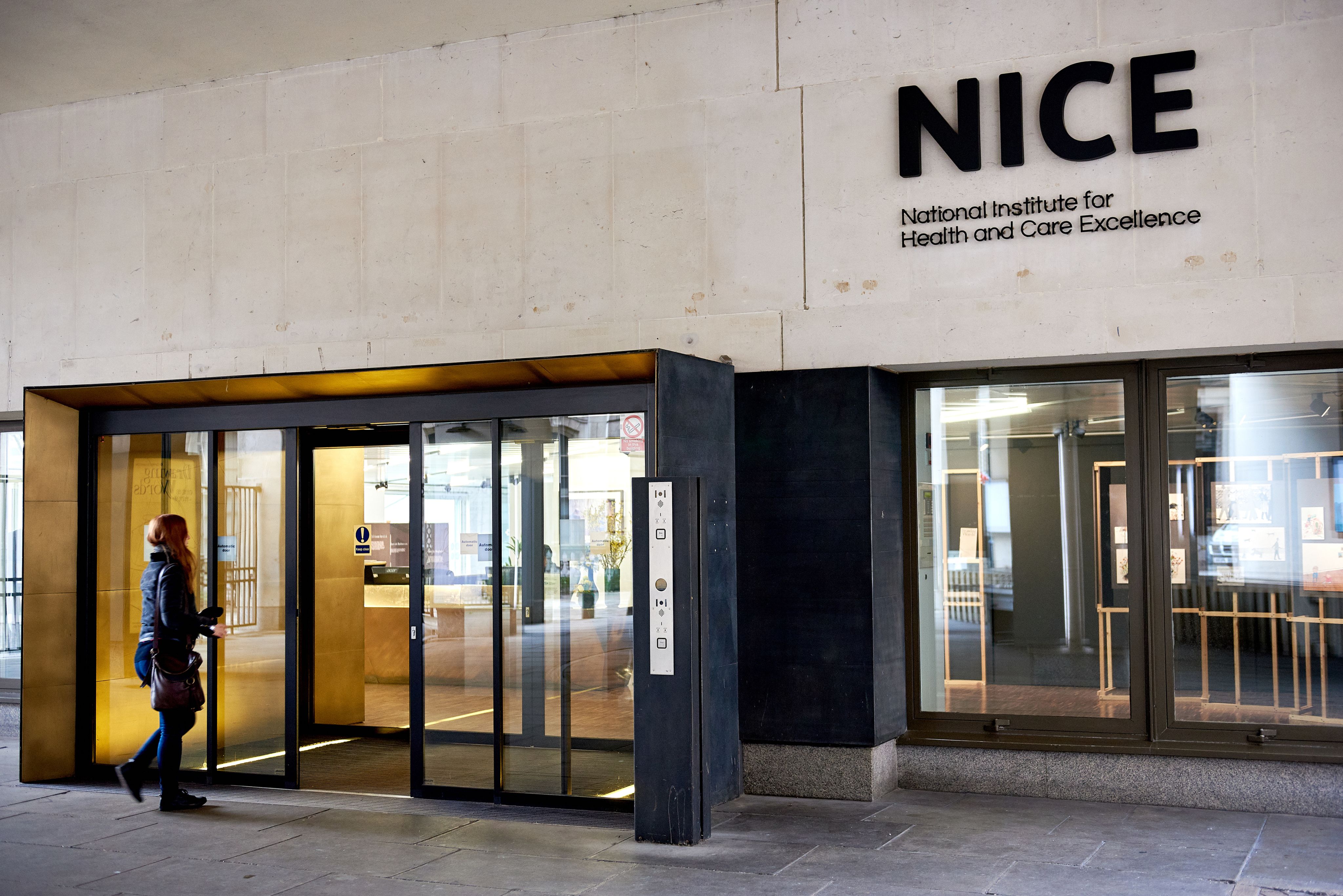
What did you like most about your committee member role?
I liked the exposure it gave me to other specialties. In my role, I work predominantly with primary care colleagues. But the NICE committee included a broad range of specialities including consultant microbiologists, hospital pharmacists and a consultant in infectious diseases. It was fascinating to hear their different perspectives and learn from each other.
What surprised you?
I was surprised by how much work goes into assessing the evidence. Before we can evaluate the effectiveness and value of different interventions, the underpinning evidence is thoroughly searched and quality assessed. This behind-the-scenes process was an eye-opener for me. The level of care that NICE takes gives you confidence that this is a rigorous and robust process.
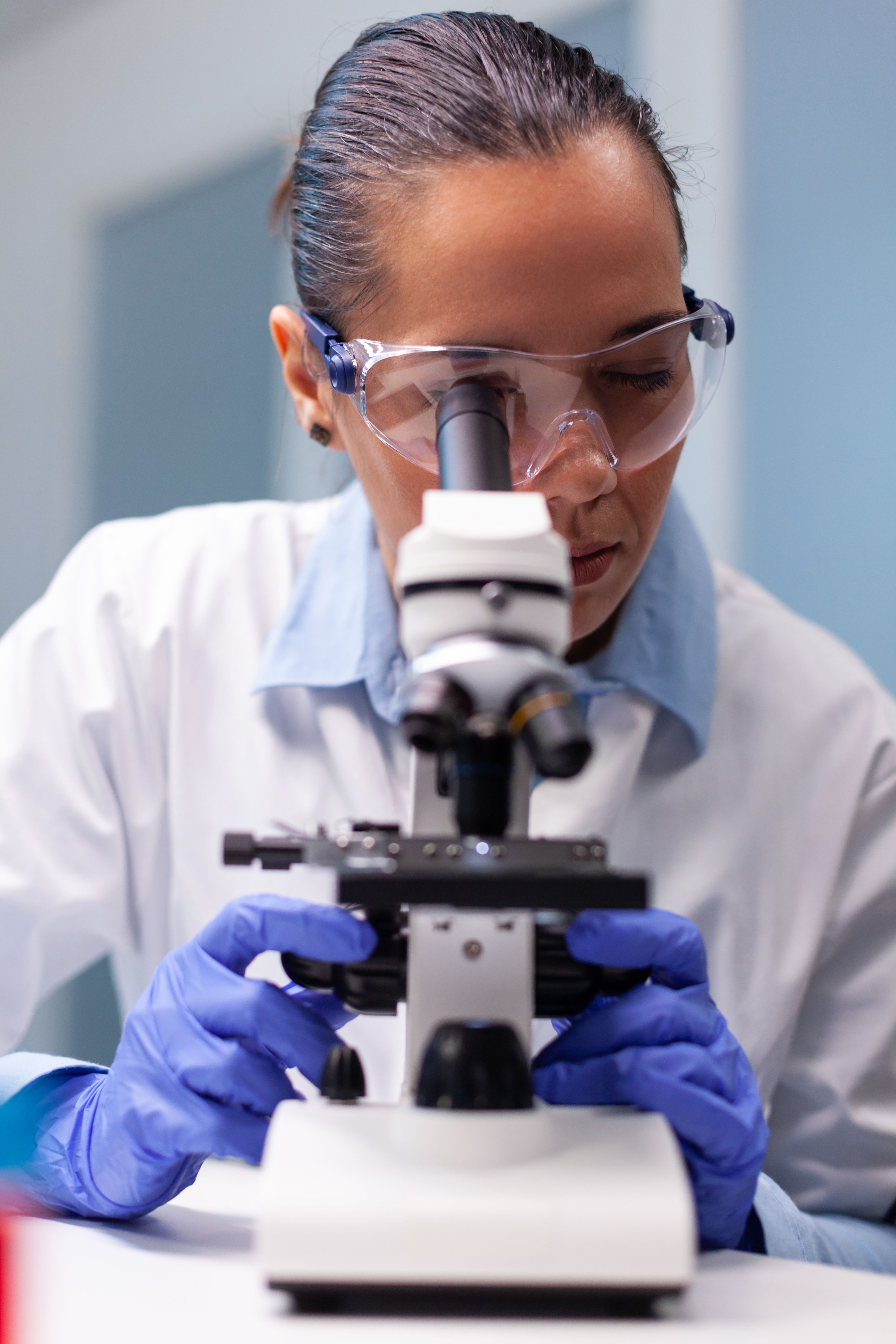
Avril enjoyed learning from the broad range of specialties on our committee.
Avril enjoyed learning from the broad range of specialties on our committee.
What have you learnt?
I will always be grateful for my experience with NICE. I have gained so much. It has brought clear tangible benefits to my work. Sitting on the committee gave me an insight into not just what the guidelines say, but why they say the things they do. Previously, I’d familiarise myself with recommendations for first and second-line treatment options – the ‘what’. Now, I also focus on the ‘why’. My work in antimicrobial stewardship has changed significantly as a result. I help others to better understand the ‘why’, particularly as new evidence emerges and recommendations update.
How has your input influenced the recommendations being developed?
I’m not an academic or a topic expert but I do have a practical working knowledge of community pharmacy, general practice and primary care more broadly. In the NHS, primary care colleagues prescribe about 80% of antibiotics – so I had an important contribution to make. My role was to consider the practical aspects of implementation to ensure primary care staff could pick up and act upon the recommendations.
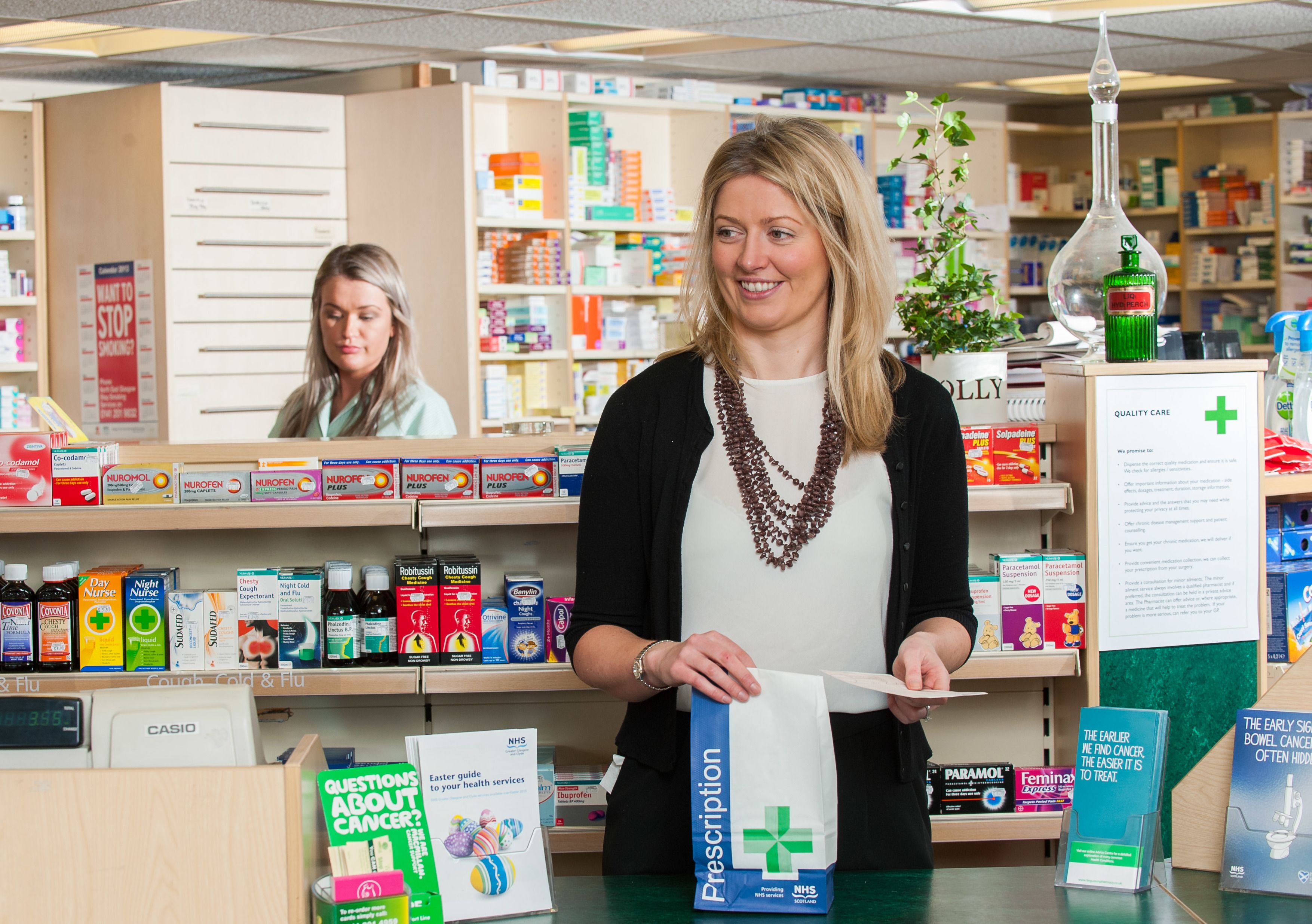
Have there been any challenges?
As a committee member, you need to set aside time to read the paperwork. Although finding time can be a challenge, going through the papers was an interesting and enjoyable task. The more I studied, the more my confidence grew. I was able to contribute more during committee meetings as a result.
What advice would you give to other health and care staff who are considering getting involved in NICE’s work?
I would absolutely encourage it. Involvement of frontline staff is the difference between ‘ideal world’ recommendations and practical guidance that is usable in real life. Your voice can help bring evidence-based medicine into reality.
